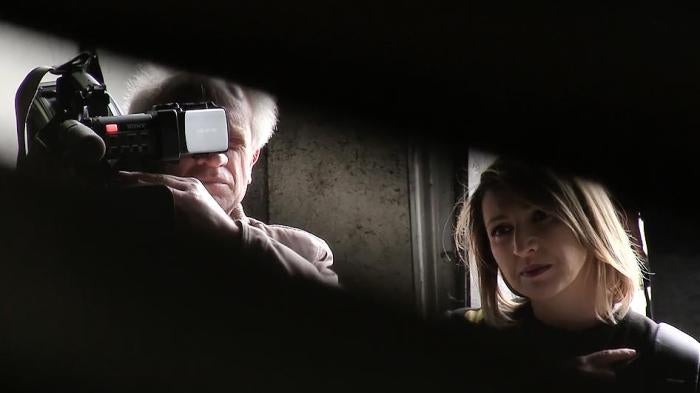[ad_1]
(Brussels) – Journalists in the Western Balkans work in a hostile environment that directly affects their ability to produce critical and independent reporting, essential to a democratic society, Human Rights Watch said in a report released today. The authorities in Bosnia Herzegovina, Kosovo, MontenegroAnd Serbia should take immediate steps to create safe working conditions for the media and end impunity for crimes against journalists.
The 69-page report, “A difficult job: media freedom under threat“, documents physical attacks and threats, including death threats, punitive legal proceedings and smear campaigns targeting journalists in Bosnia and Herzegovina, Kosovo, Montenegro and Serbia. The report is based on interviews with 86 journalists, most of whom cover sensitive issues such as war crimes and corruption, in the four Western Balkan countries. Human Rights Watch has also documented several cases of cyberattacks against online media outlets critical of governments. No country adequately investigates or prosecutes attacks on journalists, Human Rights Watch found.
“Western Balkan countries have been touting their move toward democracy for two decades, but intimidation and attacks on journalists are putting a damper on democracy,” said Lydia Gall, researcher on the Balkans and Eastern Europe at Human Rights Watch. “THE EU should push Western Balkan countries to end intimidation and prosecute crimes against journalists in the EU accession negotiation process.”
Authorities in Western Balkan countries have an obligation to protect journalists and create a safe environment in which they can freely report without government interference, Human Rights Watch said. This is particularly crucial in a fragile region like the Western Balkans, with its recent history of violent wars in which authorities have used the media as a propaganda tool. Although much has changed, the media atmosphere in many parts of the Western Balkans is still characterized by danger and hostility rather than improving as part of the region’s democratic development, Human Rights found Watch.
Štefica Galić, editor-in-chief of an online news site in southern Bosnia and Herzegovina, was violently attacked in the street in 2012 as she prepared to screen a documentary about her late husband, with who she had saved Bosnian Muslims from deportation to concentration camps during the war. In the days before the attack, Galić had reported death threats, but police told him not to take them seriously.
[ad_2]
Source link


